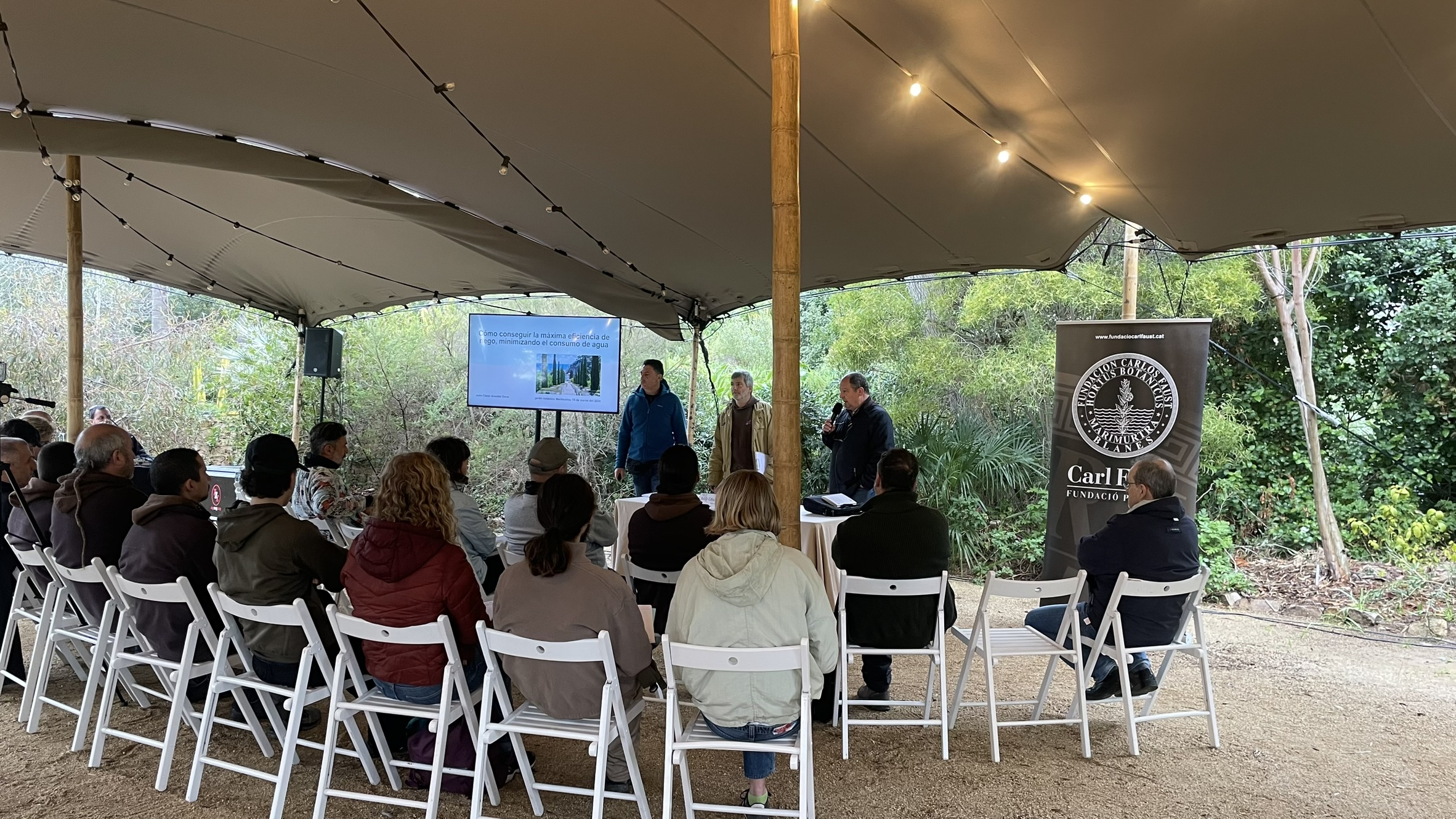The family day will take place on Sunday 5 May and will have activities to discover botany in a fun way with workshops and guided tours
“Marimurtríssim” is the first family botanical festival organized by the Carl Faust Foundation at the Marimurtra Botanical Garden in Blanes. This celebration will have a large number of activities that aim to bring botany closer to an audience of all ages, while they enjoy a world of colors, aromas and discoveries.
The festival will take place on Sunday, May 5, from 10 am to 6 pm. Throughout the day, activities can be carried out to explore a green world full of surprises and activities for the whole family. From manipulative workshops or botanical activities, to exciting independent gymnasiums or guided tours.
The day’s program is divided into 3 large blocks.
The Biodiversity Corner, which consists of 3 dynamic and educational workshops focused on improving the biodiversity of our local environment with the construction of an insect hotel (10.30 a.m.), bird nest boxes (11.30 a.m.) and of bird feeders (12.30 p.m.).
The botanical activities that will have the participation of Mònica Dòria, an expert in stamping and natural dyes, who will energize two activities, one on dyeing plants and the other on stamping with natural dyes; and also with the bloggers Montse Verdaguer and Júlia Navarro from Kilometer0.cat who will hold a healthy cooking workshop designed for the little ones to prepare dishes with the most original fruits and vegetables.
The guided tour The Biodiversity of Marimurtra, which focuses on understanding how plants and animals help each other, how some plants help us fight pests and the role that biodiversity plays in the management of a Garden. They will be offered in three different shifts: 10.30 a.m., 12.30 p.m. and 3.30 p.m.
Throughout the day there will also be stalls with a local gastronomic offer where you can have lunch or a drink, as well as a plant market with local nurseries that will allow you to take home a vivid memory of Marimurtríssimo.
The tickets, which can be bought through the website www.marimurtra.cat. The entry form includes one child for each adult, the opportunity to participate in 1 of the 6 workshops planned for the day, a guided tour, an independent gymnasium, and a welcome cloth bag with information about the festival.
This festival is part of the actions that the Carl Faust Foundation, manager of the Marimurtra Botanical Garden, is organizing this 2024 to celebrate its centenary. One hundred years ago Carl Faust created a botanical garden on the first cliffs of the Costa Brava to be able to offer it to science and scientists. He created a place where plants and life could be studied. In addition, it is also one hundred and fifty years since his birth. So following Faust’s vision, it is a day to celebrate life, science and plants and also to promote all these concepts to future generations: a day designed for the whole family.





